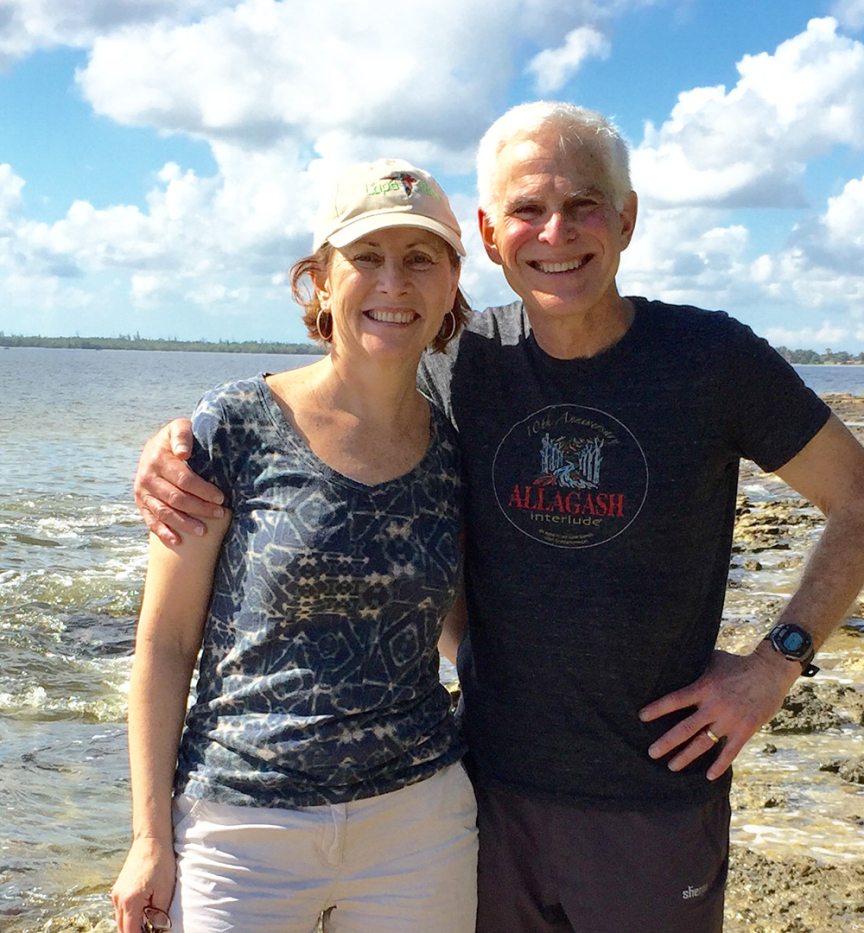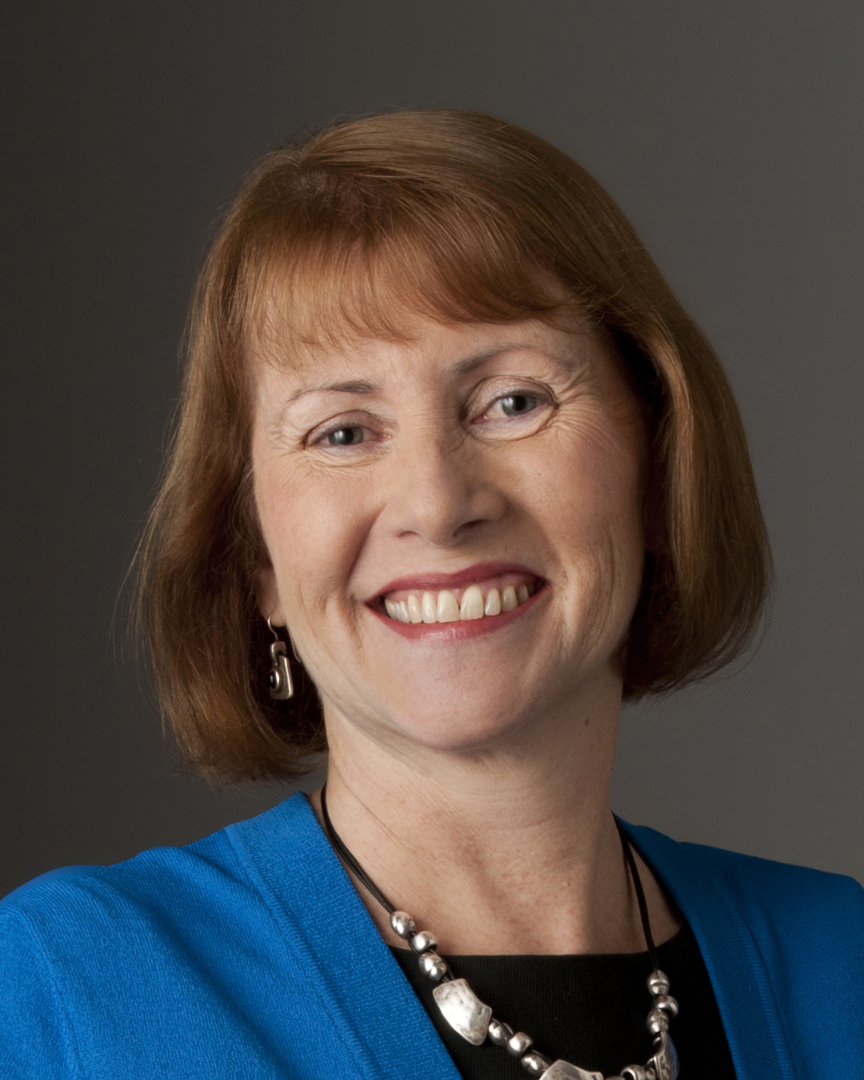Pam Fessler's Journey from Rutgers to NPR
The National Public Radio correspondent and Rutgers alumna on her career begun when real-life role models were hard to find and the journalism she has pursued ever since

'People who are struggling on low incomes – they work really hard and feel misunderstood. I feel good that I’m getting their voices on the air.'– Pam Fessler, NPR correspondent
When National Public Radio correspondent Pam Fessler came to Rutgers last fall to talk with students, she brought her Lois Lane doll, a pint-sized version of her 1960s role model. If it weren’t for Lois – and comic strip character Brenda Starr – Fessler says she may not have seen herself as a reporter.
By the time she was 8 years old, Fessler knew she wanted to be a journalist, but as she grew older, she didn’t think it was possible. Most of the women around her were becoming nurses and teachers, and Lois and Brenda were, well, not real.
“I always loved to write so I was always interested in journalism,” said Fessler, a 1975 Rutgers graduate who joined NPR in 1993. By the end of high school, she was determined to try. After all, she had experience – creating a few editions of a family newspaper, complete with crossword puzzles, heading her 8th grade newspaper and working on her high school newspaper. Even “illegally” delivering newspapers as a pre-teen made her happy; her brother sublet his route to her at a time when girls were not hired to deliver newspapers.
Fessler began her journalism career at Douglass College, where she was editor in chief of The Caellian, Douglass’s now-defunct weekly newspaper. She chose The Caellian thinking she’d have more opportunity there than at The Targum, Rutgers’ daily student newspaper. Her freshman year was 1971, the year before Rutgers first enrolled women, and it proved a good choice for the times.
It also was a lot of fun.
“I spent a great deal of my time working on the weekly with a small staff,” she said. “We lived there a couple of days a week, working ‘round the clock on the days before publishing.” Fessler met her husband, Matthew Koll, Rutgers ’75, in a constitutional law class her junior year, and he turned out to be a pretty great headline writer, too, stopping by to help with final edits before the press run.
Fessler returned to Rutgers recently as a real-life role model for an American Studies career night (her major) and as a speaker in the Douglass Residential College Knowledge & Power series. When she talks to students wary of jumping into a field undergoing tremendous disruption, she acknowledges the upheaval is challenging. But she shares her optimism that the skills of a good journalist are as needed as ever.
“I tell them that the main thing that you do is finding out what’s going on in the world and trying to tell those stories to a broader audience in the best way you can,” Fessler says. “How you tell that story is the thing that’s changing. But the actual telling of the story has not changed. Be as honest as you can and get the full story. Work as hard as you can to talk to as many people as you can to get a true picture of what’s going on.”
Fessler’s own timing was good. She says she entered journalism as news organizations “started to think we need to have some women.” She didn’t face the discrimination many colleagues did, and she credits having women in management at NPR and Congressional Quarterly magazine, where she also worked. “I benefited from that,” she says.
Still, she noted in her talk at Rutgers that diversity remains a goal in many newsrooms, where two-thirds of jobs are held by men. “Having women in leadership positions in journalism grants us the power to accurately represent our voices and share our stories,” she said.
Fessler detoured from journalism when she pursued a master’s in public administration from the Maxwell School at Syracuse University, where Koll, an entrepreneur and information scientist, was earning his Ph.D in information transfer. The degree landed Fessler a job in Washington D.C. as a budget specialist with the federal Office of Management and Budget. She learned tons about how government systems work but realized she missed journalism, terribly. “I just missed the wonderful thing about journalism – that you can learn so much about so many different things,” she says.

Congressional Quarterly provided the way back. For the next 13 years, she worked as both a reporter and editor, covering tax, budget and other weighty issues. She moved to NPR at a time when it was considered an alternative source for news and poised to grow into a major news organization.
Her resume grows exponentially from there: From national elections editor to White House reporter covering the Clinton and Bush administrations, she later focused on the government’s response to Katrina and homeland security – before and after 9/11
After seven years on the security beat, Fessler was looking for a change. and pitched a beat on poverty and homelessness. Her editor agreed, adding philanthropy to the mix, and that’s been her job for the past seven years. What she likes most about it is giving voice to people usually overlooked.
She’s told stories of foster kids who age out of care after age 18, community housing taking shape to give homeless vets and others beautiful spaces to live, and removing laws that criminalize being homeless.
“People who are struggling on low incomes – they work really hard and feel misunderstood,” she says. “I feel good that I’m getting their voices on the air.”
Media contact: Dory Devlin, dory.devlin@rutgers.edu or 973-973-7276